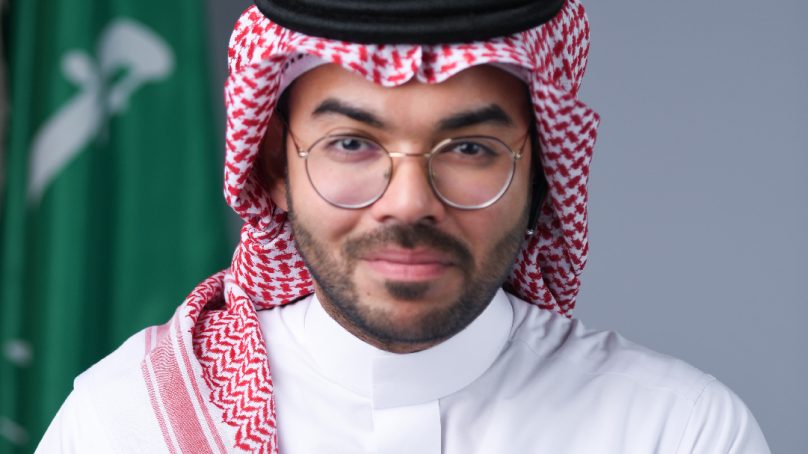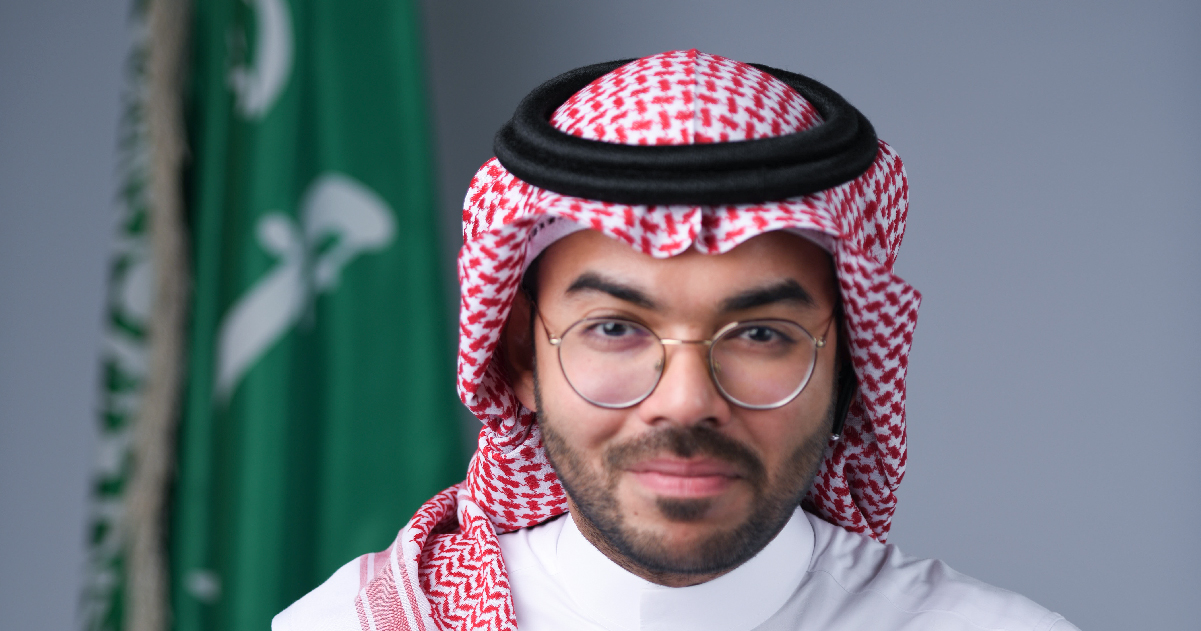Salman Gasim is the CEO of the Saudi Tourism Training and Recruitment (STTAR) Institute and the CEO of Swiss Hospitality Company. He also serves as the vice president of the Saudi Regional European Business Council at the Federation of Saudi Chambers. Here, he discusses the Kingdom’s rapidly changing hospitality industry landscape and the key role earmarked for homegrown talent in driving change.
How do you see the future of Saudi Arabia’s hospitality industry landscape evolving?
I am confident that Saudi Arabia will reshape the world tourism map by offering authentic and unique experiences and destinations to visitors across all segments, in line with the goals set out in Vision 2030. We will witness more travelers coming from the West and Far East to the Middle East, alongside a substantial increase in the number of domestic tourists, which is expected to more than double in the coming years.
Alongside the massive infrastructure development underway across the Kingdom which is supporting the realization of Saudi Arabia’s vision, I also expect to see an unprecedented improvement in the quality of life, which will encourage more visitors from international communities to not only visit us and experience life here, but also relocate and settle in the country.
What are the key investment opportunities that Saudi Arabia offers?
Saudi Arabia holds a wealth of openings for investors. It has made a serious commitment to reforming the economy which has had a profoundly positive effect on the business environment and created unprecedented investment opportunities across the country and beyond.
Among the many initiatives introduced, the Tourism Development Fund (TDF) was established in 2020 as part of the Kingdom’s attempts to create more appealing financing opportunities. With a capital of USD 4 billion, the fund provides investors with access to high-potential tourism projects in key locations. In addition, the recent introduction of the Events Investment Fund (EIF) presents numerous opportunities for investors in the Kingdom’s cultural, tourism, entertainment and sports sectors.
Human capital development is a key component of Vision 2030. What is Swiss Hospitality Company doing to help the Kingdom achieve its aims in this area?
When Swiss Hospitality Company was established in 2014, it was with a vision to revolutionize the tourism and hospitality industry, and to upgrade the service quality to where it deserves to be by merging world-class international standards and authentic Saudi hospitality values. In 2016, Vision 2030 was announced, and, a few years on, the Ministry of Tourism was set up with three key objectives, including one of creating 1 million jobs by 2030.
In 2020, we were given the mandate to design and develop “Ahlaha,” (Tourism Human Capital Development Strategy) which will bridge the qualitative and quantitative human capital gaps by 2030 through 15 initiatives and programs, complemented by five regulatory schemes. The Tourism Human Capital Development Strategy has paved the way for the introduction of several capacity development initiatives to be delivered within and outside of the Kingdom. Swiss Hospitality Company and STTAR Institute have made a substantial contribution through their expertise and added value to these initiatives. For example, in 2022, STTAR Institute trained over 10,000 Saudi talents in person across the Kingdom, enabling them to become professionally qualified in a variety of tourism and hospitality segments, such as hospitality marketing in tourism, F&B operations, hotel revenue management and other hospitality functions spanning more than 20 fields. Today, we are committed to extending our impact by continuing to upskill and qualify Saudi talents across Saudi Arabia and introducing new topics of focus, in collaboration with new international strategic partners.
What sets Saudi talents aside from the rest of the global workforce?
Saudi youth make up over two-thirds of the nation’s population and they are very ambitious, driven to learn and eager to welcome the world to Saudi Arabia. The government is heavily invested in developing Saudi talent, ensuring access to best training and education opportunities, which helps create a pool of very competitive and talented human capital with an edge. Under the Vision 2030, the Human Capital Development program was launched with the strategic vision of preparing citizens for the challenges and opportunities of the future global labor market on the pillars of strong educational foundation, employability skills, opportunities and wellness. Overall, a sound ecosystem of education, training, opportunities and initiatives ensures the excellence and competitiveness of Saudi talent.
Why is Saudization so important for the Kingdom’s future?
The Saudization program aims to increase the employment of Saudi nationals in the private sector. This initiative is fundamental to our socioeconomic development when you consider the rapid rate at which the Kingdom’s economy is growing. In addition, we as a nation have great faith in the Saudi people, believing them to be our greatest asset, which is why they are such a significant focus in the Kingdom’s 2030 Vision and feature in all of its strategic objectives in one way or another. The Saudi government successfully implemented a range of Saudization laws to encourage the private sector to provide career opportunities for both men and women, while also making available a generous set of subsidy schemes, recruitment initiatives and programs through the Human Resources Development Fund (HRDF). As an example, HRDF offers subsidies for Saudi talents wishing to obtain professional certifications, such as the Certified Hospitality Supervisor and Certified Rooms Division Executive one, through a program offered by the American Hotel & Lodging Educational Institute.
What is needed now to further nurture local talents?
While we take Saudization seriously, our primary focus is on developing local talents to international standards, increasing competitiveness in the workforce and enabling people to take on more qualified roles – what we like to call “talent-ation.” These types of jobs require higher qualifications and are typically more competitive but pave the way for employees to play a part in driving the development of the sectors in which they
are based. I am thrilled that Swiss Hospitality Company is contributing directly to these efforts through its strategic consultancy mandates for key government organizations, including the Ministry of Tourism and Culinary Arts Commission, where we have benchmarked world best practices in developing highly qualified, top caliber talents for qualified jobs. We’ve then designed a set of national-scale programs and initiatives with a detailed execution plan to achieve the “talent-ation” objectives, in addition to the Saudization KPIs. In parallel, at STTAR Institute, we are heavily focused on designing unique training programs in a way that develops a professional mindset, work skills and industry knowledge. By devising this model, we’ve been able to generate positive results and outcomes for many clients and partners, such as Diriyah Gate Development Authority. In this instance, we designed and delivered a unique tour guide training program, with the result that some of the trainees were selected to represent the Kingdom at the Saudi Pavilion in Expo Dubai 2020. Our objective as a country is to reduce unemployment to 7 percent by 2030 and I sincerely believe that we will in fact surpass this target, given the gargantuan efforts combined of the government, the private sector and NGOs in a single ecosystem.
What do you believe should be the focal points when devising standards for Saudi hospitality initiatives?
Saudis have always been known for their genuine hospitality culture, so it makes sense to factor that in when designing and delivering development initiatives. However, we also believe in merging these local hospitality values and ethics with the latest industry trends, best practices and service styles to produce new Saudi hospitality standards. There’s no doubt that these are better experienced in person than read on a page. I’d encourage every reader to try our hospitality for themselves by visiting us and interacting with our Saudi talents in person.
What’s your advice for anyone hoping to become a hospitality success story in KSA?
Be yourself, dive into the opportunities and take risks. Also, since Saudi Arabia and its people are renowned for their hospitality and culture, I advise embracing it and always offering the same in return – it will be appreciated.
















